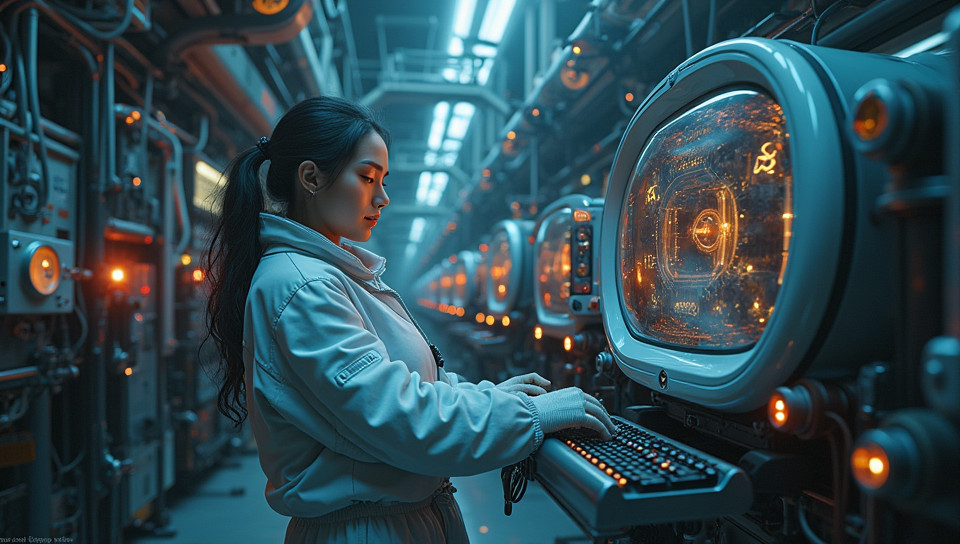These machines are not energy-efficient at all times 78%

The Dark Side of Energy Efficiency: When Machines Fail to Deliver
As we continue to push the boundaries of innovation and technological advancement, it's easy to get caught up in the excitement of new gadgets and machines that promise to make our lives easier. However, beneath the surface of sleek designs and impressive specs lies a harsh reality: many machines are not as energy-efficient as they claim to be.
The Problem with Energy Efficiency
Energy efficiency is often touted as a key benefit of modern technology, but the truth is more complex. Many machines require significant amounts of power to operate, even when idle or performing routine tasks. This can lead to wasted energy and increased greenhouse gas emissions.
Why Machines Fail to Deliver on Energy Efficiency
- They are designed for maximum performance, not efficiency
- Manufacturers often prioritize features over functionality
- Consumers tend to overlook the environmental impact of their purchasing decisions
The Environmental Impact
The consequences of inefficient machines extend far beyond our individual lives. As a society, we rely heavily on technology to power our homes, workplaces, and transportation systems. When these machines fail to deliver on energy efficiency, it can have devastating effects on the environment.
The Statistics Are Alarming
- 19% of global greenhouse gas emissions come from energy consumption
- The average household consumes over 10,000 kWh of electricity per year
- Inefficient appliances waste up to $400 billion annually in the United States alone
Breaking Free from the Status Quo
So, what can we do to break free from this cycle of inefficiency? It starts with awareness and a willingness to challenge the status quo. By making informed purchasing decisions and advocating for more sustainable technologies, we can begin to shift the needle towards a more energy-efficient future.
The Future of Energy Efficiency
- Innovations in smart technology and renewable energy
- Increased focus on sustainable design and manufacturing practices
- A growing movement towards energy-neutral living
Conclusion
As we move forward into an increasingly complex world, it's time to rethink our relationship with machines. By acknowledging the flaws in modern technology and working together to create a more sustainable future, we can ensure that our innovations do not come at the expense of our planet. The time for change is now – let us seize this opportunity to redefine what energy efficiency truly means.
- Created by: Mohammad Khatun
- Created at: Aug. 17, 2024, 12:12 a.m.
- ID: 7498








